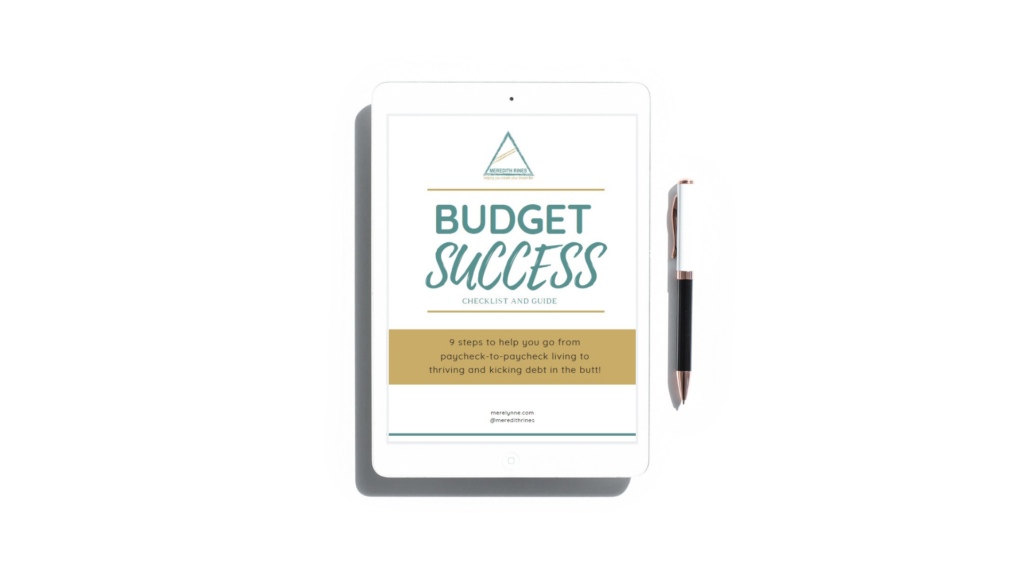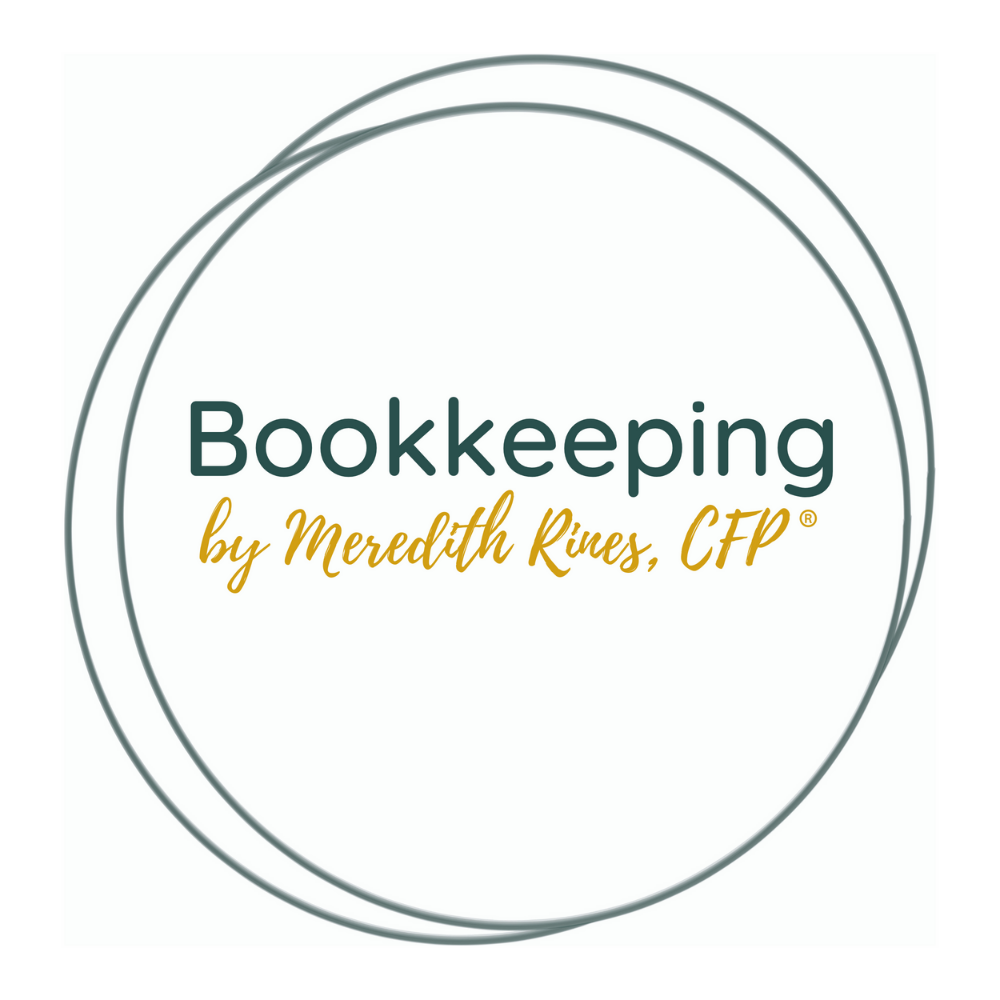
You have probably heard the term holistic regarding lots of different aspects of your life – holistic medicine, holistic care, holistic financial planning, and so on. But what exactly does holistic mean?
Holistic: a means characterized by comprehension of the parts of something as intimately interconnected and explicable only by reference to the whole. source
That’s a mouthful. Simply put, holistic means looking at every moving piece to create a plan that fits you best. That’s why holistic applies so well to the medical world and also the financial planning world. You would hope your doctor looks at your entire medical history, your desires, and your symptoms to create a plan to help you get better, reach your nutrition goals, etc.
The same idea can be applied to financial planning. You want a planner that will look at the big picture and all the small pieces that it makes up. Your retirement planning, your budget, your insurance policies, your goals, your debt, and so on. However, not everyone works with a financial planner so you need to learn how to create a holistic financial plan on your own or how to really understand what your financial planner is doing for you.

Let’s Get Holistic
It’s time to look at all aspects of your financial situation to make sure they are working in sync with one another. It’s important to make sure all aspects are working together and not against one another. You don’t want to work for years to build and build just to have it all disappear with one incident, right? So let’s roll up our sleeves and get to work.
Your Budget – Do you have a budget in place? If so, when was the last time you analyzed your expenses to make sure they were still accurate and needed? If it’s been longer than 3 months then pull your budget back out and review it again. You can easily create a budget in less than 15 minutes with this simple guide, but you need to review it often. Without discipline it’s easy to find yourself slipping away from your spending goals and not saving as much as you had hoped.
Your Insurance – You really should be completing an insurance audit on a regular basis. Make sure the amount of insurance really fits your needs and your budget. This includes auto, home owners, disability, life, and health. Sit down with your insurance agent or financial planner to make sure you have enough coverage. One of the biggest issues I see is when a client has an umbrella policy for extra protection, but has a gap in coverage between the base policy and their umbrella policy. That gap means the client will be on the hook, personally for that difference. That’s not good. Just make sure you’re reviewing all your insurance policies to make sure you’re meeting the state minimum requirements and filling any insurance gaps.
Your Retirement Plan – everyone has a retirement plan whether you know it or not. Even if you feel as if you haven’t started it yet, you still have a plan. Because one day (the hope) is to retire, right? So make sure you’re working with a financial planner to get your plan in sync with your goal. Are you getting the free match from your employer’s 401(k)? Do you even know what I’m talking about? If not, then meet with a financial planner.
College Funding – Do you have hopes of sending your children to college without going into debt? Then a college funding plan is a must. John Hancock has a great college calculator that is free to use and I highly recommend getting an idea of how much you should be saving to reach your goal of providing college.
Debt Management – You should have a plan to help you get out of debt. Having a debt management plan can give you clear steps to take to reach your goal. Do you know which bill are you working on paying off first? Which debt has the lowest annual interest rate? Out of your bills, which one has the highest annual interest rate? If you can’t answer these questions, then it’s time to create a debt management plan.
Goal Setting – I’ve talked a lot about working together with your spouse on goal setting. Working together is really key to start making progress on your goals. When you’re not working on the same goal as a team then you’re really doing yourself a disservice. You also need to make sure your goals fit into your sinking funds, your budget and your debt management plan.
Tax Planning – Are you taking advantage of having a tax expert help you each year? Not just with preparing your annual tax return, but review your situation before the end of the year. That way you can take any necessary steps before the tax year ends to create a better situation for yourself.
Estate Planning – Most states have their own version of an estate plan for their residents. But that plan may not be what you want. You may want to make sure your family uses your life insurance benefits to provide for your kids’ college costs. Maybe you want to make sure that your 18 year old son doesn’t inherit a lot of money if something should happen to you and your spouse. Having a plan in place that tells the court, your family and your beneficiaries how you want your assets handled is the best course of action. Creating an estate plan means meeting with an attorney to write a Will, Powers of Attorney and maybe a Trust.
When Should You Revise Your Plan?
You should be reviewing your entire financial plan on at least an annual basis, but you may want to do it whenever you have a major life change too. For instance, having a baby is a good reason to review your budget, insurance, estate planning and other areas. If you get divorced or married, you may want to review your estate plan, beneficiaries of accounts, and tax situation.
If you don’t have a financial planner, I recommend finding one in your area. As a CERTIFIED FINANCIAL PLANNER™, I am partial to finding someone who has passed a rigorous exam and met requirements to be called a CERTIFIED FINANCIAL PLANNER™. If you need help finding someone, check out this website.
Need More Help Getting Your Budget Set?

Grab our Budget Success Checklist to help you get your perfect budget. This guide will walk you through the 9-steps to get your dream budget setup and ready to roll.
Latest posts by Meredith Rines, MBA, CFP® (see all)
- How To 10X Your Productivity With This Simple Tool // Using A Red Line Graph - June 24, 2020
- Mini DIY Office Makeover [Photowall Review] - June 17, 2020
- How To Track Your Projects and Profit With Subcontractors - June 11, 2020




